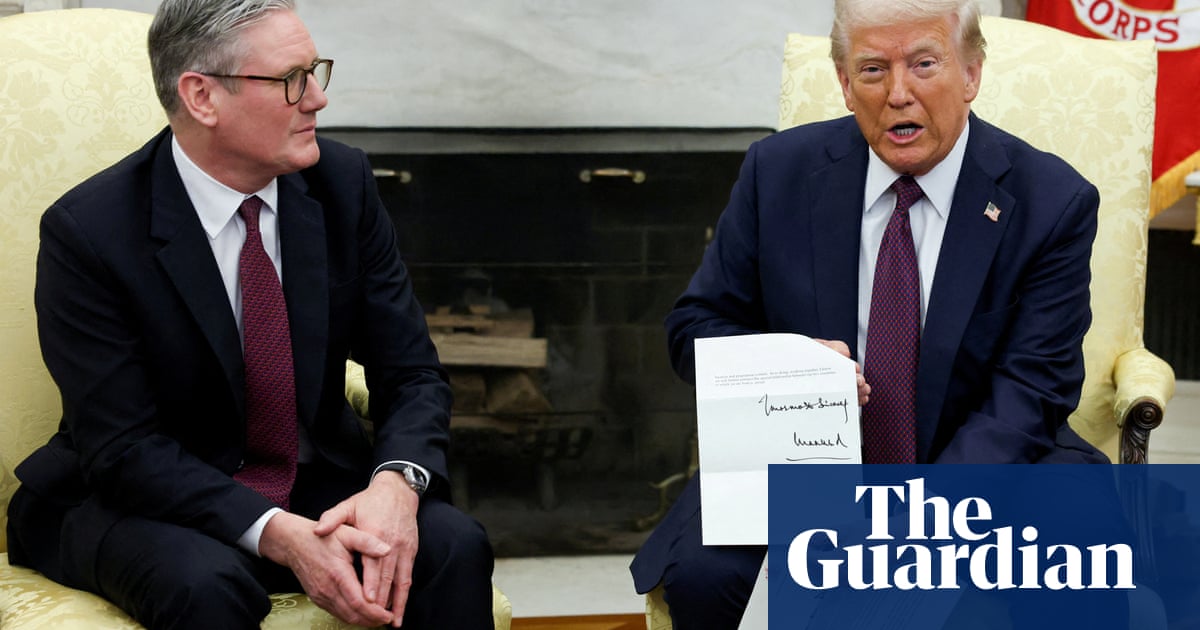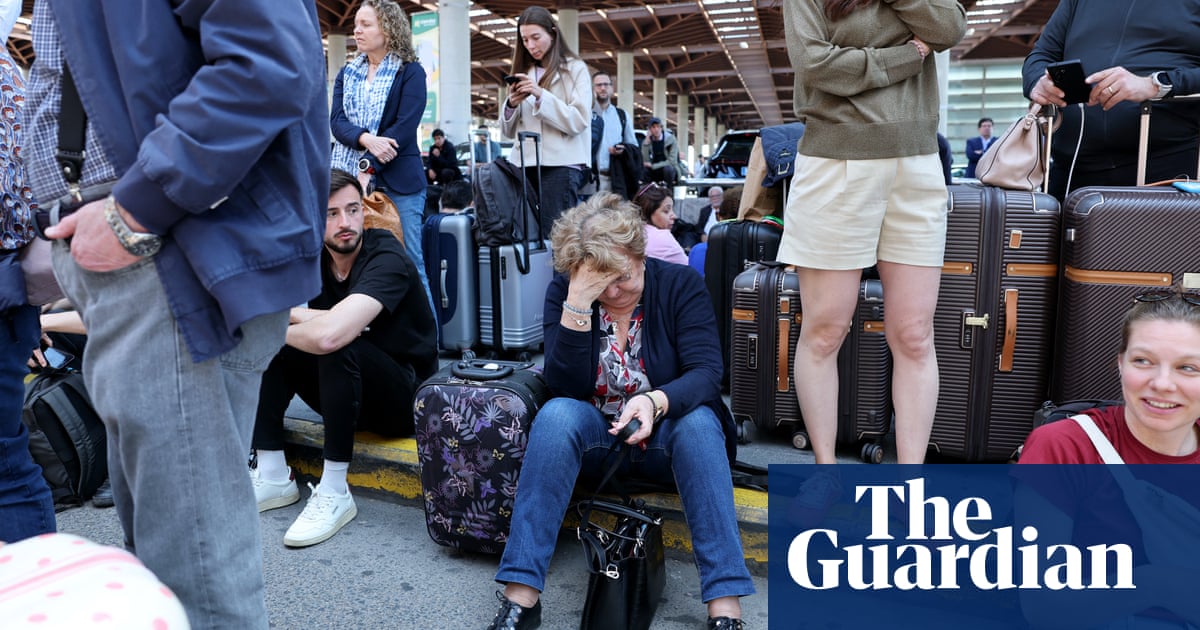Teachers deserve a pay rise. So it was good to learn that the independent pay review body is expected to recommend an increase of around 4% in England for 2025-26, along with 3% for NHS workers. There are staff shortages across many parts of the public sector. Schools are not unique in having trouble with recruitment and retention. But the importance of education means that the government must do all in its power to prevent children from missing out, and fund the increase in full.
By refusing to do so, ministers would send the wrong signal to a beleaguered profession and the country at large. There are strong arguments for investing in public services across the board – and not only in England. But the case for ensuring that there are enough teachers should be unarguable for a government that is hopeful about the future and wants voters to feel the same.
The gap between public and private sector pay has grown over the past decade. Dismayingly, the former is now lower in real terms than in 2010, with experienced teachers facing some of the steepest drops. Labour’s acceptance last year of an above-inflation 5.5% rise for teachers, and similar deals for other public sector workers, was an overdue boost to morale as well as incomes.
The government now risks undoing that progress. Teaching has always been a challenging job, and one respected by the public. But for complicated reasons it is particularly difficult at the moment. Cuts to other services and benefits are one factor, with schools filling in gaps and meeting needs – such as hunger – that ought to sit outside their purview, and that were exacerbated by the pandemic. Chronic problems in the special educational needs system add significantly to workloads, as pupils who need extra support struggle to cope.
Behaviour is another concern. If Sir Keir Starmer learned anything from Netflix’s Adolescence, and the debate it stirred up around teenage boys, this must surely include a greater understanding of the challenges faced by teachers. Rudeness and aggression linked to internet use are not the only reason why secondary-school classrooms can be hostile places. But a recent survey found that most teachers see social media as the “number one cause” of poor conduct, with female staff bearing the brunt, and some parents refusing to support schools in upholding standards.
Other kinds of changes connected with technology and the pandemic have also had an impact. Many graduate professions now enjoy more flexibility than five years ago, with “WFH” an ordinary part of the employment lexicon and accepted practice. Teaching, along with other public-facing roles, is excluded from this trend. It remains a physically demanding role involving high levels of personal interaction and strict timetabling.
The government has budgeted for a 2.8% rise. These figures must now be revisited. Telling schools to find the money by cutting other budgets would undermine the point of the pay rise, which is to make teaching more attractive. To allow arbitrary fiscal rules to prevent teachers from being properly remunerated would be unjust folly. The pay review recommendations are a good opportunity to let go of damaging constraints – and to tell the public why.
The last Labour government used the slogan “those who can, teach” to recruit teachers. Teachers could now turn this back on ministers and demand that those who can, pay.
-
Do you have an opinion on the issues raised in this article? If you would like to submit a response of up to 300 words by email to be considered for publication in our letters section, please click here.

.png) 5 hours ago
5
5 hours ago
5













































